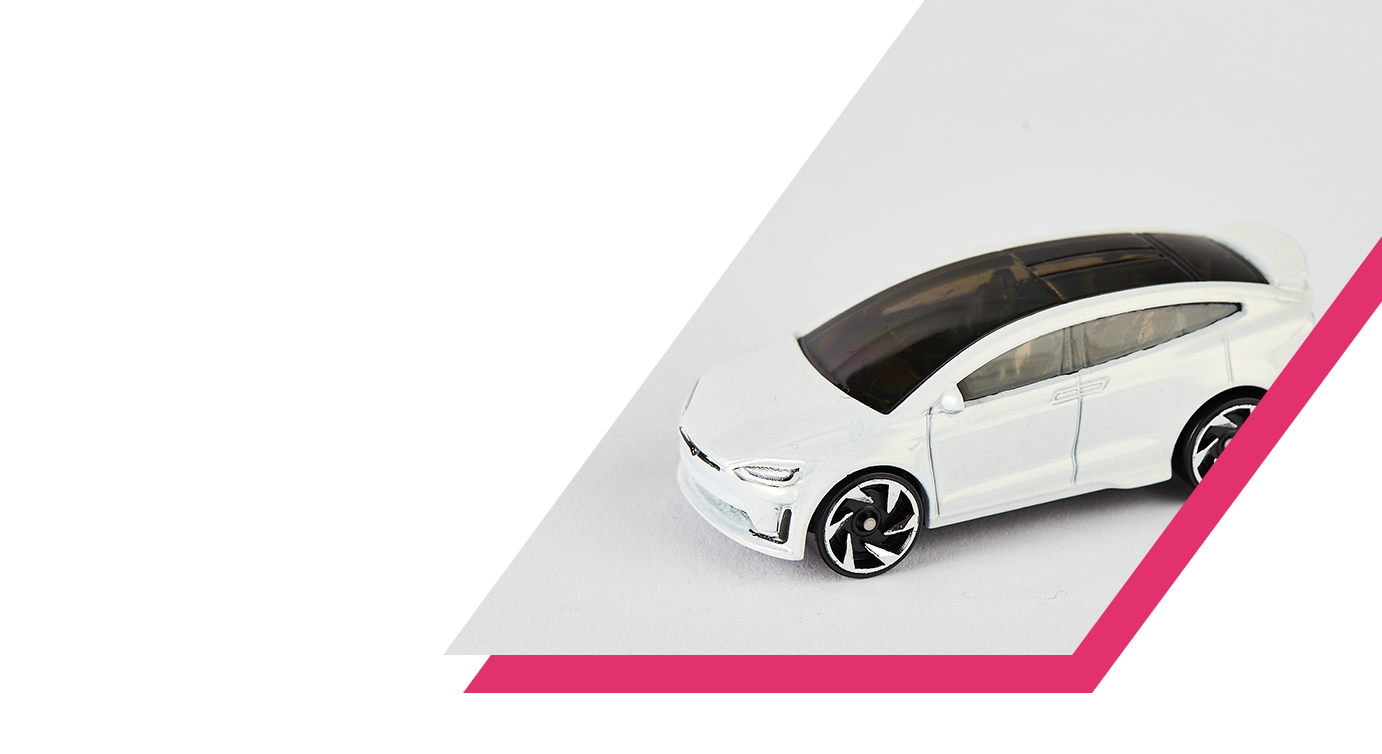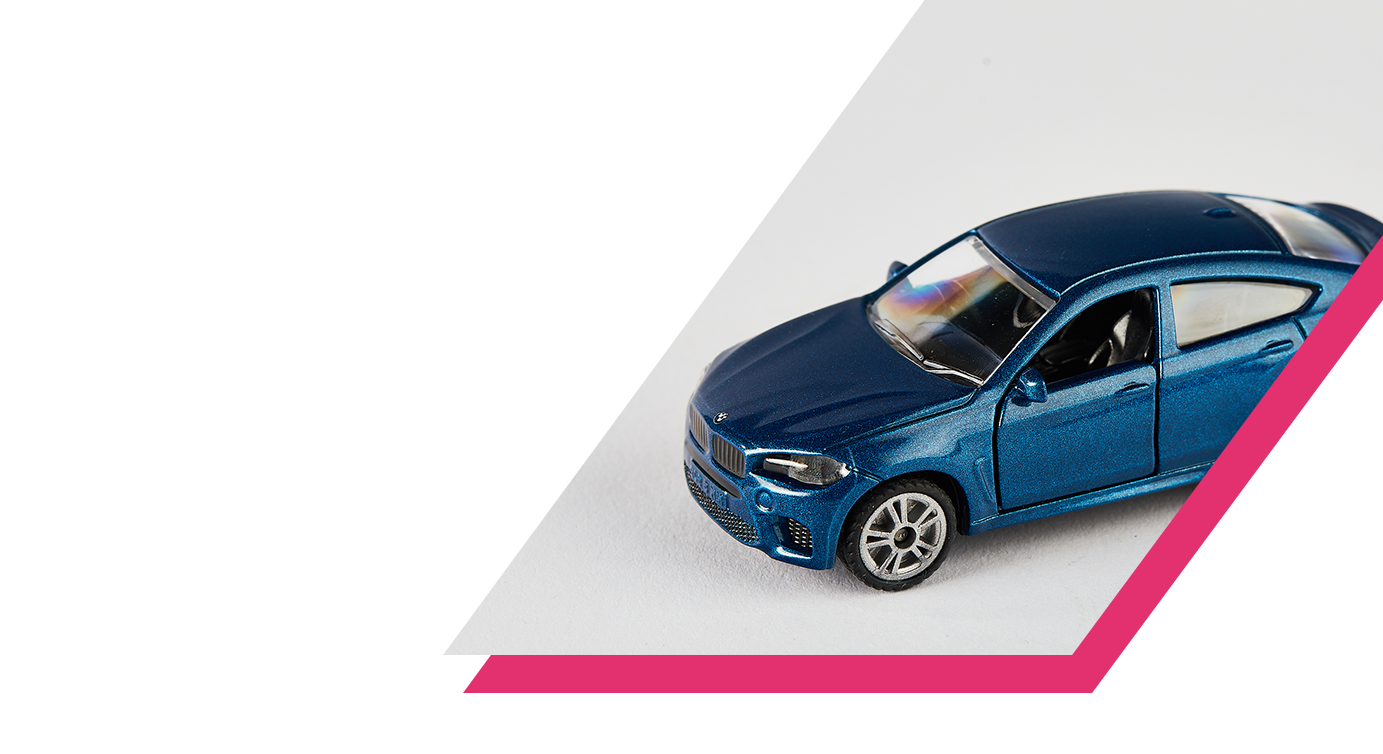On Wednesday 11th March, the Chancellor, Rishi Sunak delivered his Budget and outlined his plan for 'prosperity tomorrow that will deliver on our promise to the British people.' Take a look at our key Budget takeaways for the fleet industry.

Electric vehicles and infrastructure
- £403m support for the Plug-in Car Grant which extends into 2022-23
- £129.5m support for Plug-in Grants for vans, taxis and motorcycles to extend into 2022-23

- From 12th March 2020, the Plug-in Car Grant is reducing to £3,000 from £3,500. Cars costing over £50,000 will no longer be eligible for the grant. There will be no change for vans. These changes allow the funding to go further and allow more drivers to benefit from making the switch for longer
- Electric vehicles (EVs) will be exempt from the Vehicle Excise Duty (VED) ‘expensive car supplement’ from 1st April 2020
- From April 2021, the government will apply a 0% rate of tax for zero-emission vans within the van benefit charge
- £500m over the next 5 years to support fast-charging hubs for EVs, ensuring drivers will never be more than 30 miles away from a charging point
- Rapid Charging Fund will be rolled out to help businesses with the cost of connecting fast charge points to the electricity grid. An electric vehicle charging infrastructure review will be conducted
Tax and fuel duty
- Fuel duty has been frozen for the tenth year running, saving the average car driver a cumulative £1,200 compared to what they would have paid under the pre-2010 fuel duty escalator
- From 6 April 2020, the car fuel benefit charge will increase in line with Consumer Price Index (CPI)

- From April 2020, first year VED will increase by £5 to £150 with the standard rate for cars over 90g/km seeing increases from £5 up to £40 for the highest emitting cars
- From April 2021 the writing down allowance (WDA) of 18% to cars has now been reduced from 110g/km to 50g/km. The special rate WDA of 6% will now apply to higher polluting cars with emissions above 50g/km. The same threshold change will apply to the Lease Rental Restriction
As previously announced, Company Car Tax rates to 2022/23, including 0% Benefit-in-Kind tax in 2020/21 for EVs have been confirmed. Rates will then be frozen at 2022/23 levels for a further 2 years
- A publication on the call for evidence on VED will be released, which includes how it can further help reduce vehicle emissions. It’s also been announced that the headline corporation tax rate will remain at 19% in 2020
- It’s also been announced that the headline corporation tax rate will remain at 19% in 2020
Commercial vehicles
- To support the haulage sector, the government will freeze HGV VED and the HGV Road User Levy for 2020/21
- From 6 April 2020, the van benefit charge and fuel benefit will increase in line with CPI
- Entitlement to the use of red diesel and rebated biofuels will be removed from April 2022, except for agriculture, rail and for non-commercial heating

Other investments announced
- £304m contribution to local authorities to help reduce nitrogen dioxide emissions
- Commitment to double the size of the Energy Innovation Programme
- A huge investment into our roads with over £27bn between 2020 and 2025, including a £2.5bn pothole fund and improvements to motorways and key A-roads

- The Prime Minister had already announced £5bn of new funding for buses and cycling
- £4.2bn of funding from 2022-23 for a 5-year funding settlement for eight Mayoral Combined Authorities
